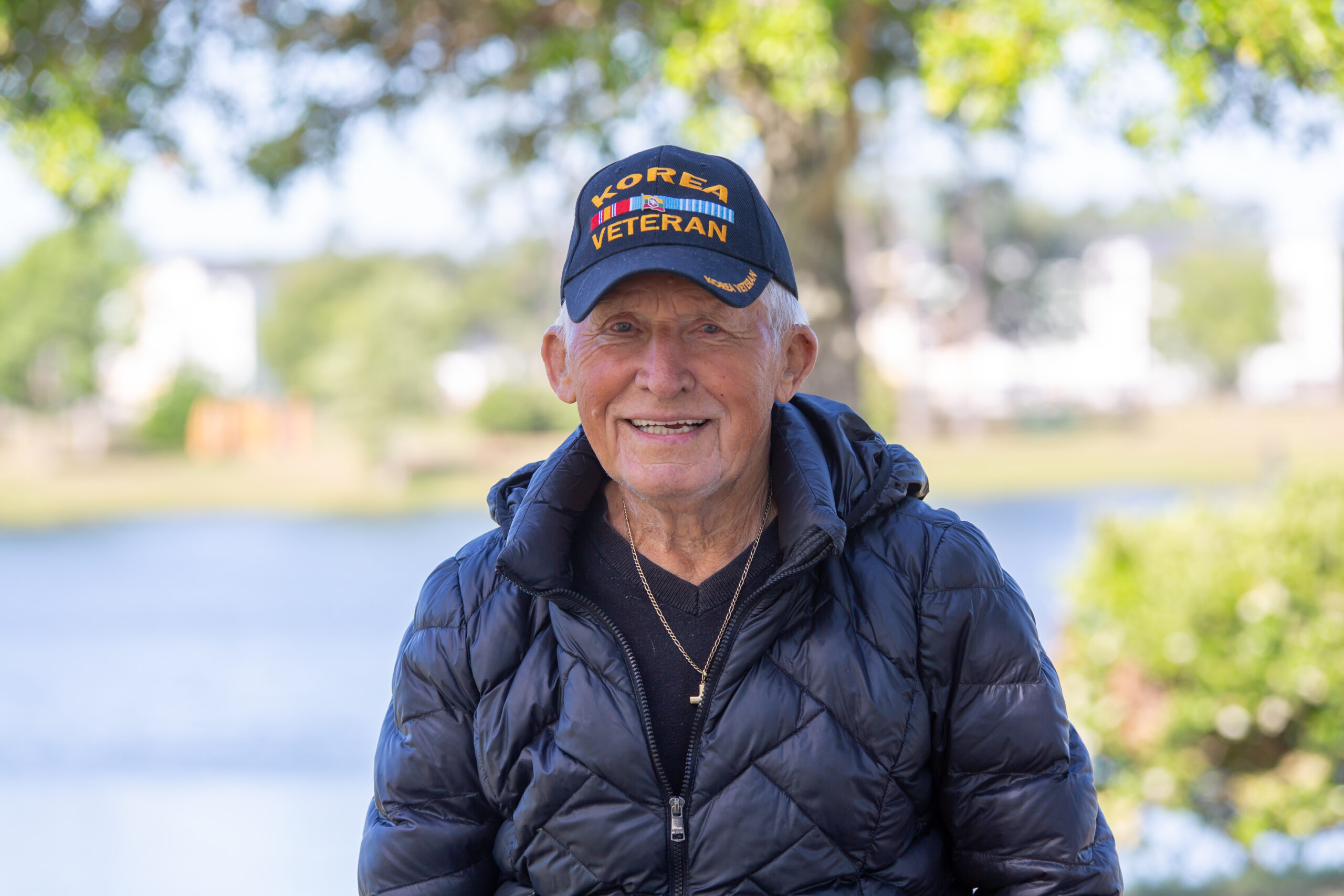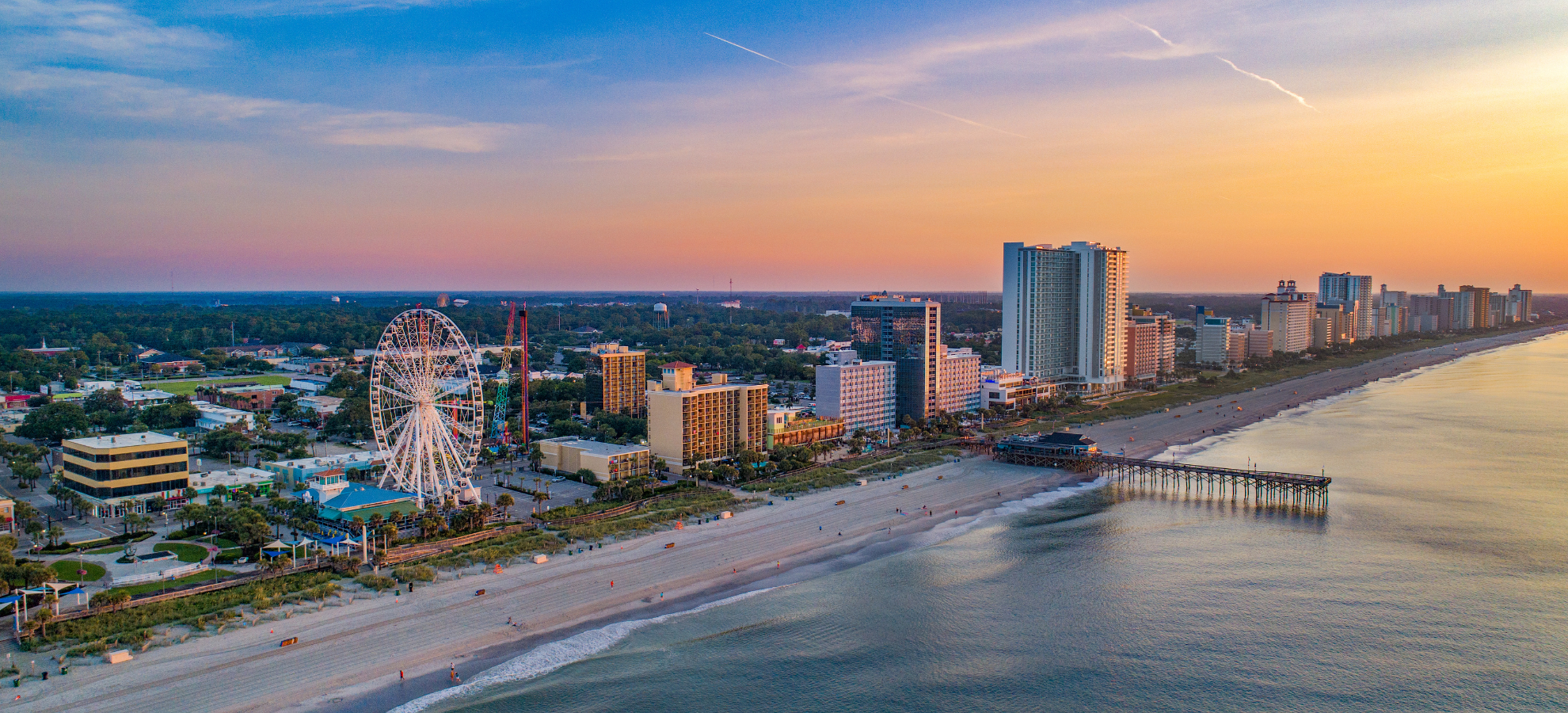WWII Refugee, Korean War Era Veteran and Repeat 2000 Miler
Celebrate Our Veteran gives voice to the stories of the U.S. military veterans living amongst us. The actions of these brave and dedicated people, who have served our country both in active military duty as well as administrative positions, have and continue to contribute to the protection and preservation of us and our country.
We hope that this section of our paper is an opportunity for our community to hear and see veterans with new eyes, and for veterans to receive recognition and honor for their experiences and life journeys.
This month’s Celebrate Our Veteran recounts the story of Victor Kubilius, as told in his own words. This is part two of a three-part series, continued from last month. Click here to read Part 1.
by Melissa LaScaleia
“I was about sixteen or seventeen years old at the time. I did this for a couple of years, then I got a job at a typewriter company. It was the lowest job on the totem pole I could get— I was moving typewriters from one assembly line to another. But it was good because it was inside, they had coffee and donuts every day at 9 o’clock, and the money was pretty good.
But it didn’t last. I was drafted into the U.S. Army which was the best thing that happened to me, but I didn’t realize that until later. It was 1952, and I was drafted for the Korean War. I went through basic training, where they make you feel like you’re a nobody.
They push you around to toughen you up. And if you make a mistake, they physically and verbally abuse you. They treated everybody the same. Then, after all this maligning, they picked me to be a platoon sergeant because I didn’t cry when I got pushed.
We were supposed to get shipped to Korea, but when it came time to be shipped out, I was sent to Fort Bragg, North Carolina instead. I wanted to go to Korea, not stay in the U.S. So I went to see the company commander, and he said, “Private Kubilius, what can I do for you?” And I told him I wanted to go to Korea, not stay in the states.
And he told me: “Listen, you speak four languages. If you go there and get killed, it would take three months for me to find someone with your skills to replace you. And how long would it take me to teach someone to speak four languages?” I jokingly replied, “About six months.” He looked at me wryly, and said, “Dismissed.”
So during the time I was in Fort Bragg, we had nothing to do, so we trained. I was a part of the 82nd Airborne Division, the paratroopers. They took us to the mountains and established a DZ, a drop zone. And it was our job to pick up the paratroopers when they dropped from the planes. We dressed in civilian clothes and were supposed to be non-combatants— we acted like spies. When they dropped paratroopers at night, we put up lights and we’d pick them up and hide them from the people doing war exercises who were trying to find them. Sometimes they’d catch us and interrogate us, and we’d speak in Lithuanian, then they’d go find an interpreter, and then we’d switch languages, just to mess with them.
My unit number was 525 MI, which stands for military intelligence. We were comprised of people who spoke almost any language in the world.
After I completed my two years in the service, I was honorably discharged with the G.I. Bill. I went to school at the New England Technical Institute, studying electronics. I graduated from their two-year program in a year and a half because we had no vacations or holidays.
I was hired as a junior engineer by United Technologies while I was still in school. I was the number two student in the school, so I was very sought-after. They looked at attendance records and how you got along with other people, and they didn’t hire the person who was number one.
I ended up working there for the next thirty-five years— in a small division called research laboratories in East Hartford, Connecticut. We did research on a lot of different things. The most exciting was at this time, lasers were invented, and I was working on them. At the beginning, they were kind of crude. I remember the French and Germans came with a piece of glass six inches thick and they wanted to know how much power you needed to crack it.
I eventually got married, and bought a house in Vernon, Connecticut. I had four sons and one daughter.
I retired when I was sixty years old. They gave me what they call a golden handshake. They let you go early and pay your insurance until you become eligible for Medicare. They also pay you to not to sue them for letting you go early.
I had always had an electronic service job on the side, that I loved. I repaired record players, televisions, all kinds of things. And I kept working on my second job after I retired. My shop was in my own house, so it was easy. Then I gave up my business, because I didn’t need it, and bought a condo and moved to Myrtle Beach.
While I was working, I would take my kids and family on vacation to Florida every year. When I was in the military, in Fort Bragg, I used to go to Myrtle Beach on breaks. So one time, I stopped in Myrtle Beach to show my family where I used to come, and they all loved it. So we decided to stay and spend our vacation there. And forevermore, we’d vacation in Myrtle Beach instead of Florida.
Once I moved to Myrtle Beach, I became an outdoorsman; I became a long distance biker and hiker. I started by participating in running 10k marathons. It’s a really popular distance, and they would pop up all over the place. And once I got good at long distance running, then I got competitive and just wanted to win. And enjoyment takes a backseat to competition. So then I became a long distance cyclist.
When I was working in Connecticut, I would often bike the 5-6 miles home from work. And I always enjoyed it. So I did a long distance one— from Virginia to North Carolina. It was 600 miles. I thought it was a big deal, until I did it. I liked it, but decided I needed other places to go.”
To be continued…Click here to read Part 3.
















